MAGNABONE–5ML
MAGNABONE Bisphosphonates act to inhibit bone resorption by decreasing the number and activity of osteoclasts by inducing apoptosis, or cell death. During bone stress or disease, bone metabolism is accelerated and osteoclasts are stimulated to begin the remodeling cycle. Osteoblasts follow behind the bone-eating cells, but at a much slower pace.
Accelerated bone resorption may exceed the bone rebuilding process during these times of chronic bone disease or stress, including navicular syndrome.
MAGNABONE The main effect of a bisphosphonate MAGNABONE is to decrease bone resorption.Bisphosphonates act to inhibit bone resorption by decreasing the number and activity of osteoclasts by inducing apoptosis, or cell death. MAGNABONE During bone stress or disease, bone metabolism is accelerated and osteoclasts are stimulated to begin the remodeling cycle. MAGNABONE steoblasts follow behind the bone-eating cells, but at a much slower pace.MAGNABONE
Accelerated bone resorption may exceed the bone rebuilding process during these times of chronic bone disease or stress, including navicular syndrome.
DOSAGE AND ADMINISTRATION
Horses / Camels: 5 ml every 15 or 20 days.
PLEASE, CONSULT YOUR VETERINARY DOCTOR BEFORE APPLYING.
PRESENTATION
MAGNABONE–5ML
The main effect of a bisphosphonate is to decrease bone resorption.
Bisphosphonates act to inhibit bone resorption by decreasing the number and activity of osteoclasts by inducing apoptosis, or cell death. During bone stress or disease, bone metabolism is accelerated and osteoclasts are stimulated to begin the remodeling cycle. Osteoblasts follow behind the bone-eating cells, but at a much slower pace.
Accelerated bone resorption may exceed the bone rebuilding process during these times of chronic bone disease or stress, including navicular syndrome.
DOSAGE AND ADMINISTRATION
Horses / Camels: 5 ml every 15 or 20 days.
PLEASE, CONSULT YOUR VETERINARY DOCTOR BEFORE APPLYING.
PRESENTATION
MAGNABONE–5ML
The main effect of a bisphosphonate is to decrease bone resorption.
Bisphosphonates act to inhibit bone resorption by decreasing the number and activity of osteoclasts by inducing apoptosis, or cell death. During bone stress or disease, bone metabolism is accelerated and osteoclasts are stimulated to begin the remodeling cycle. Osteoblasts follow behind the bone-eating cells, but at a much slower pace.
Accelerated bone resorption may exceed the bone rebuilding process during these times of chronic bone disease or stress, including navicular syndrome.MAGNABONE–
Osteoblasts follow behind the bone-eating cells, but at a much slower pace.

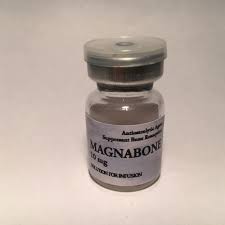


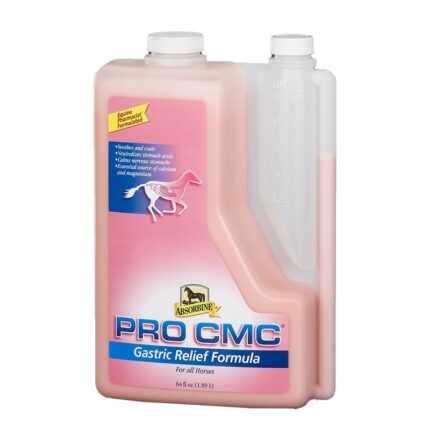

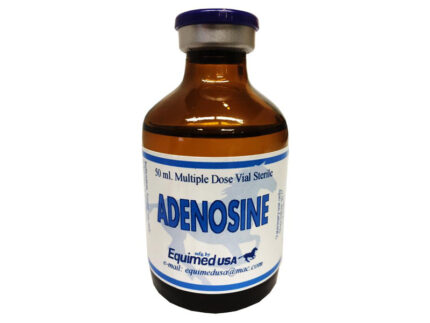
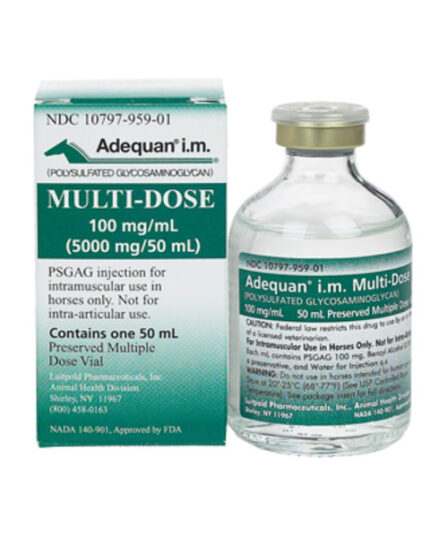

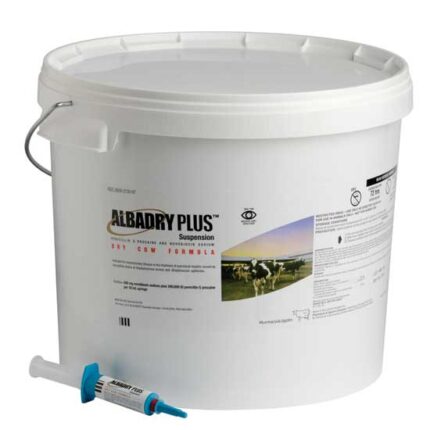
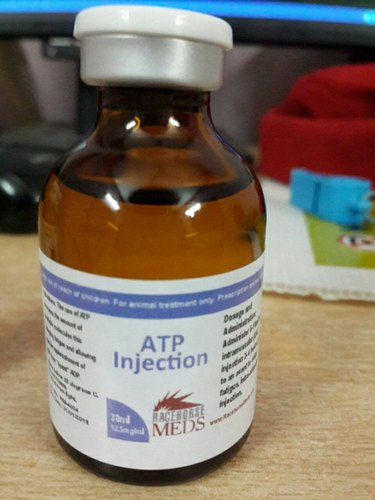

Reviews
There are no reviews yet.